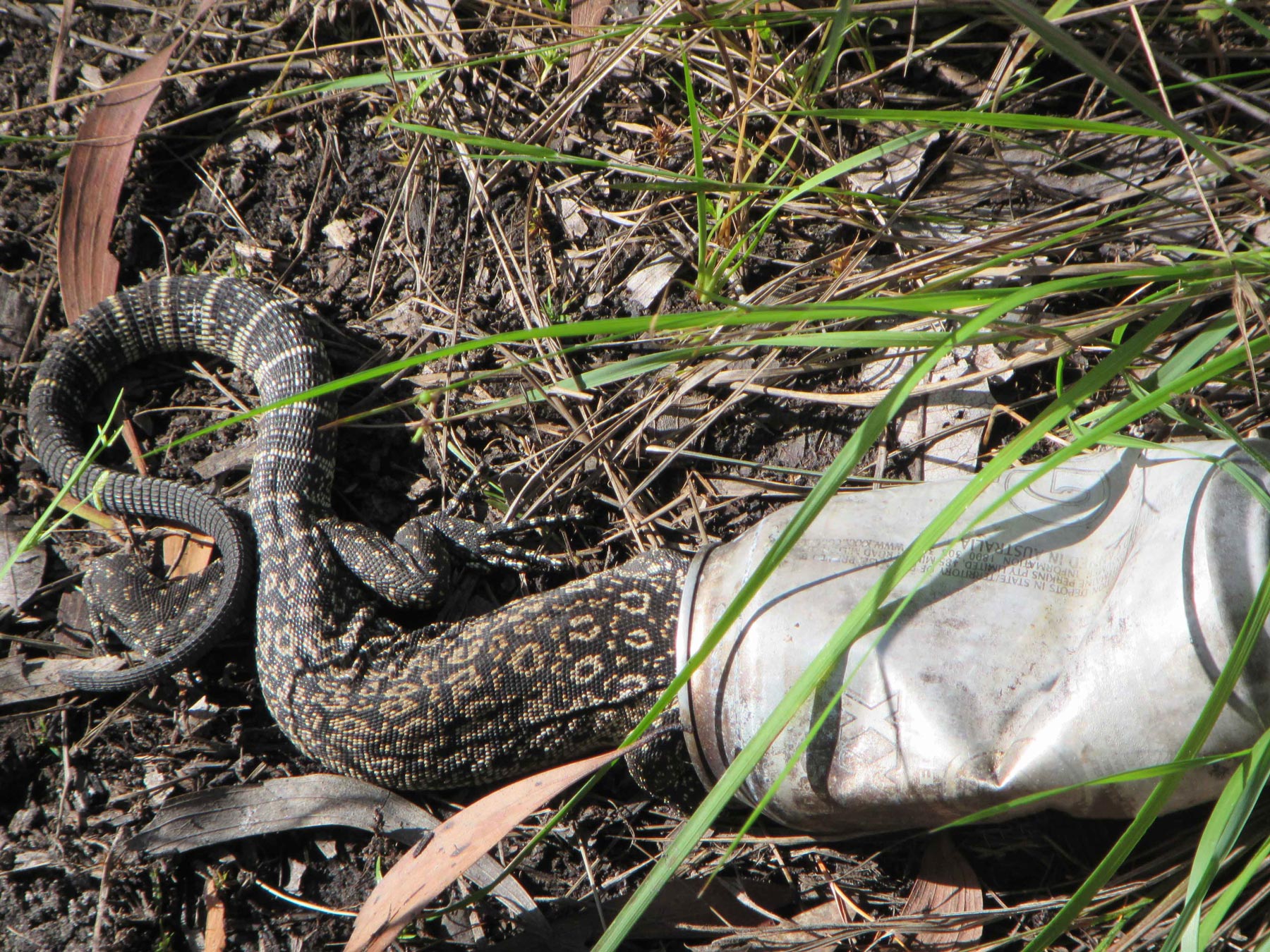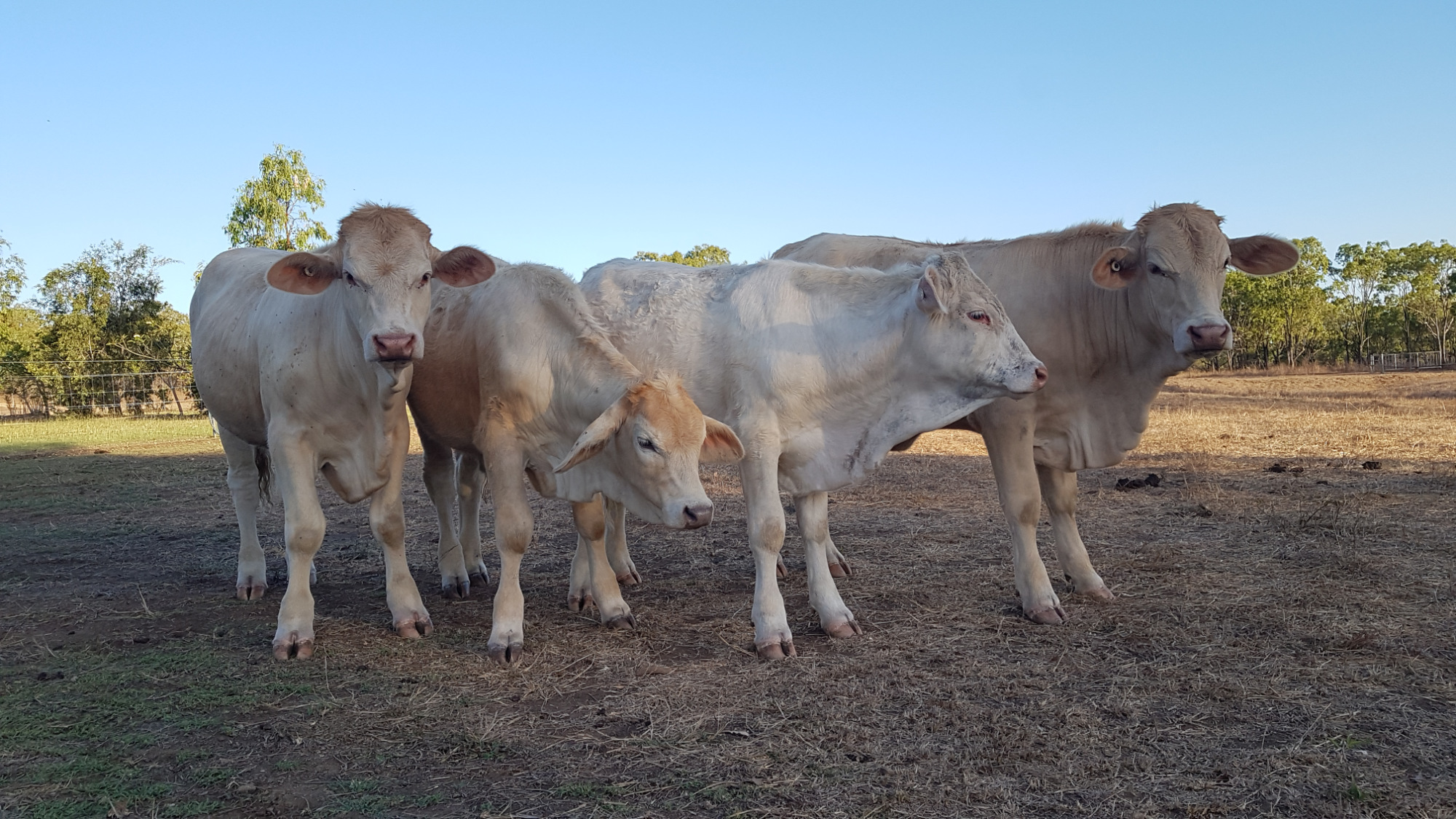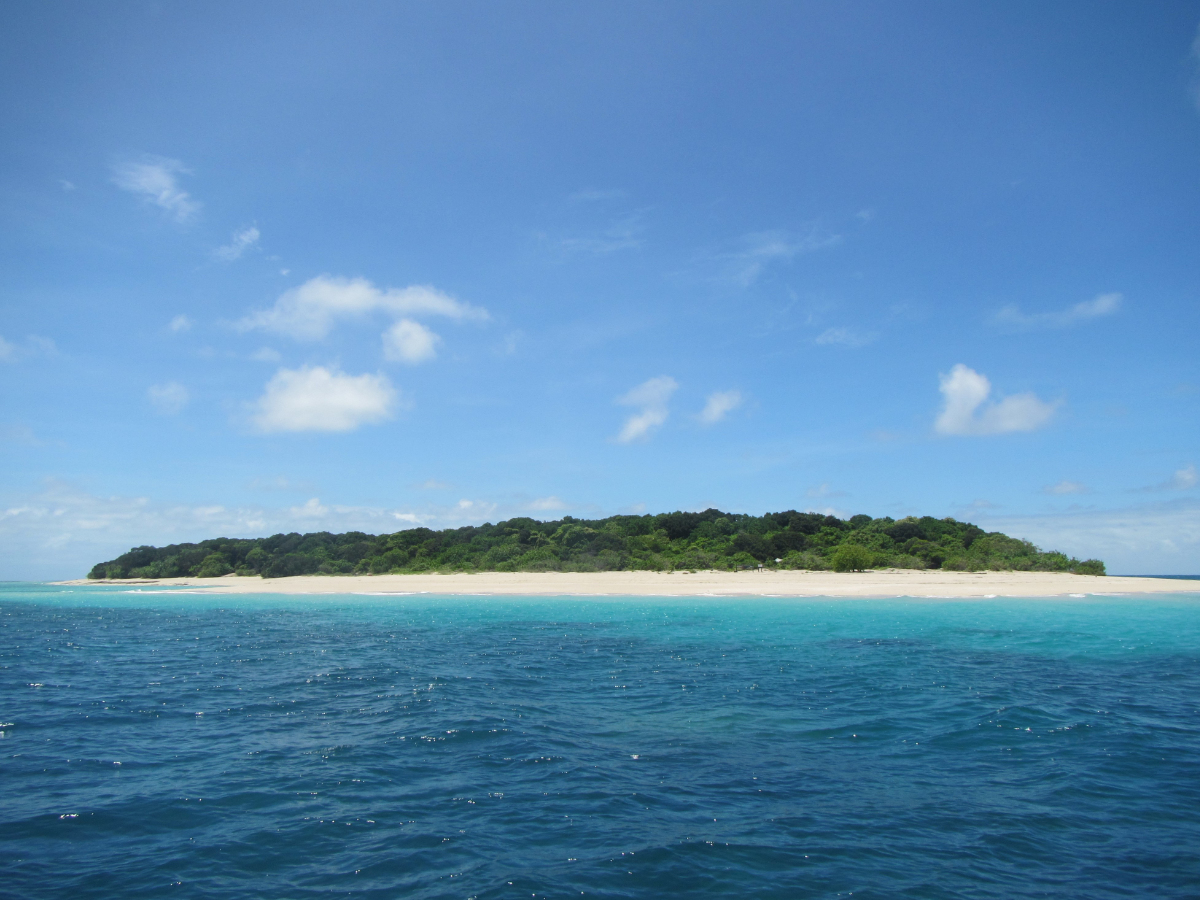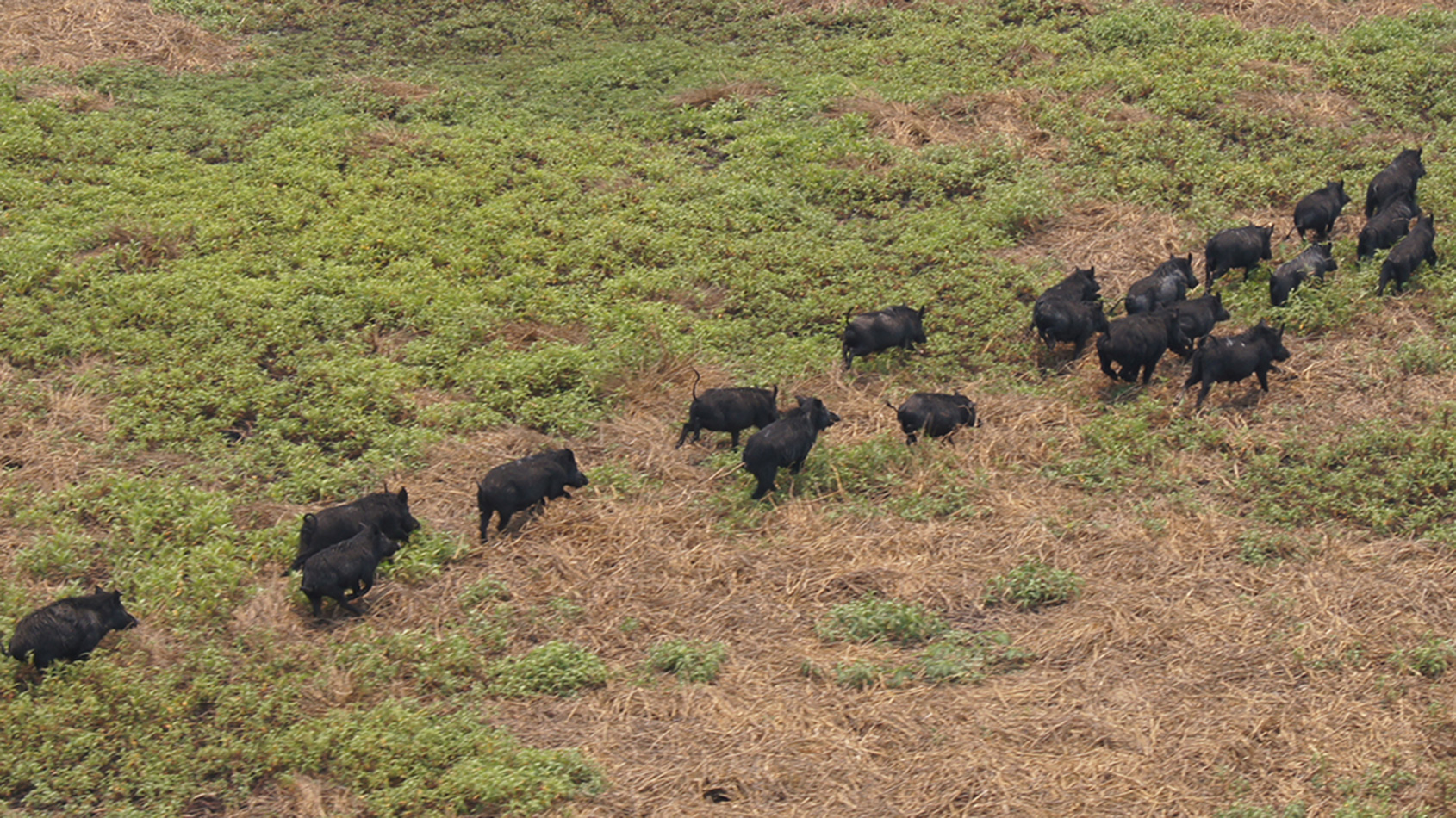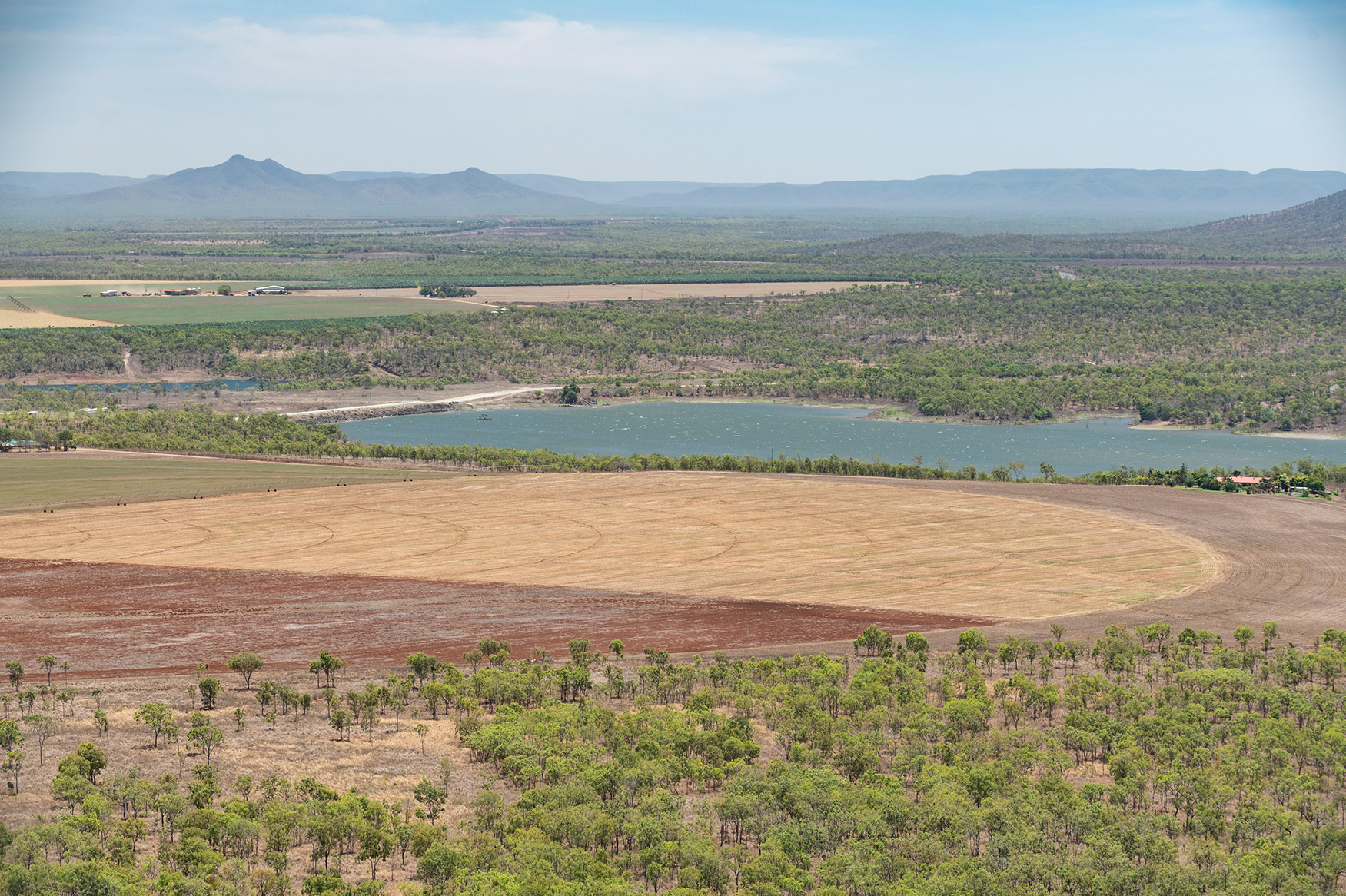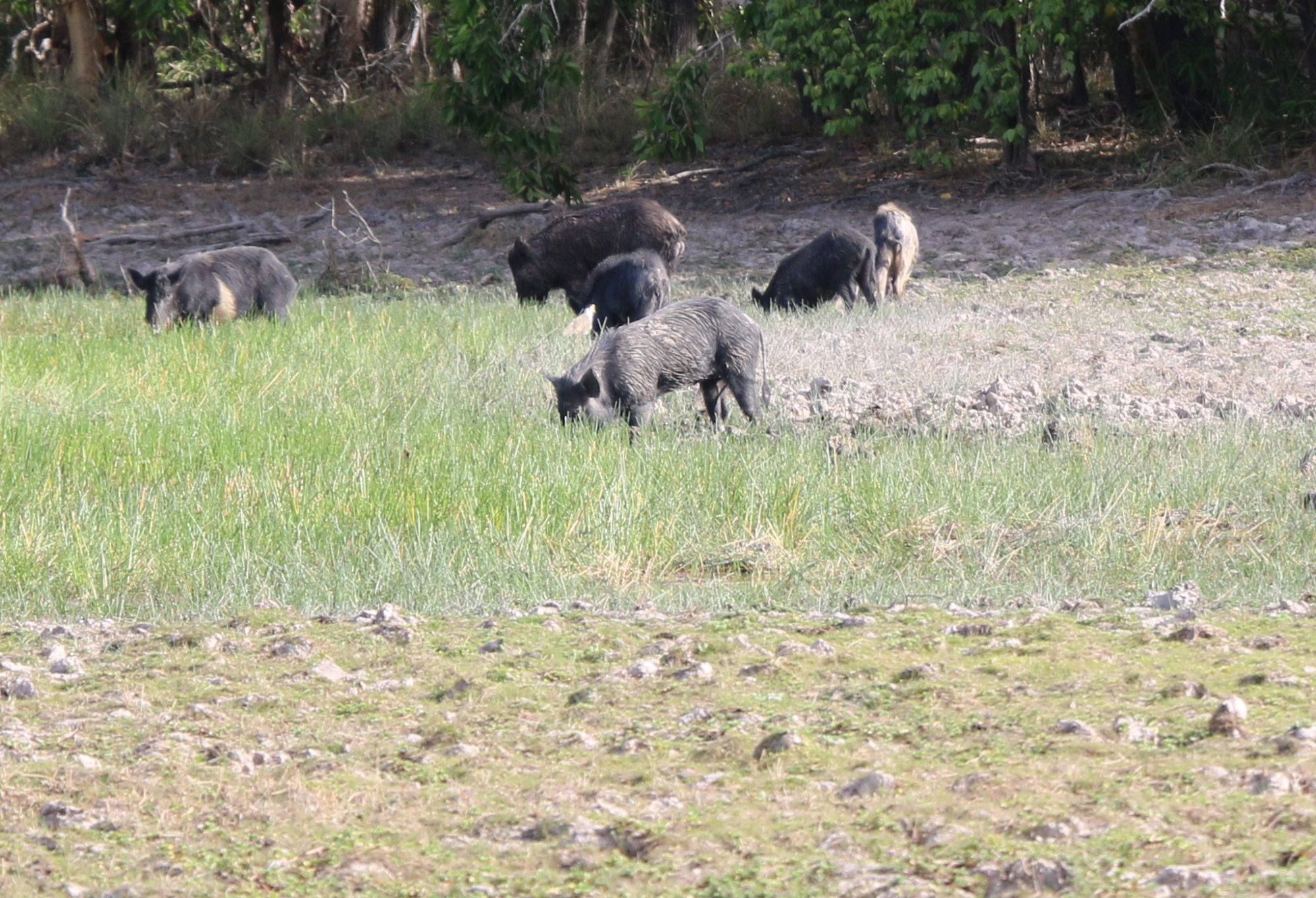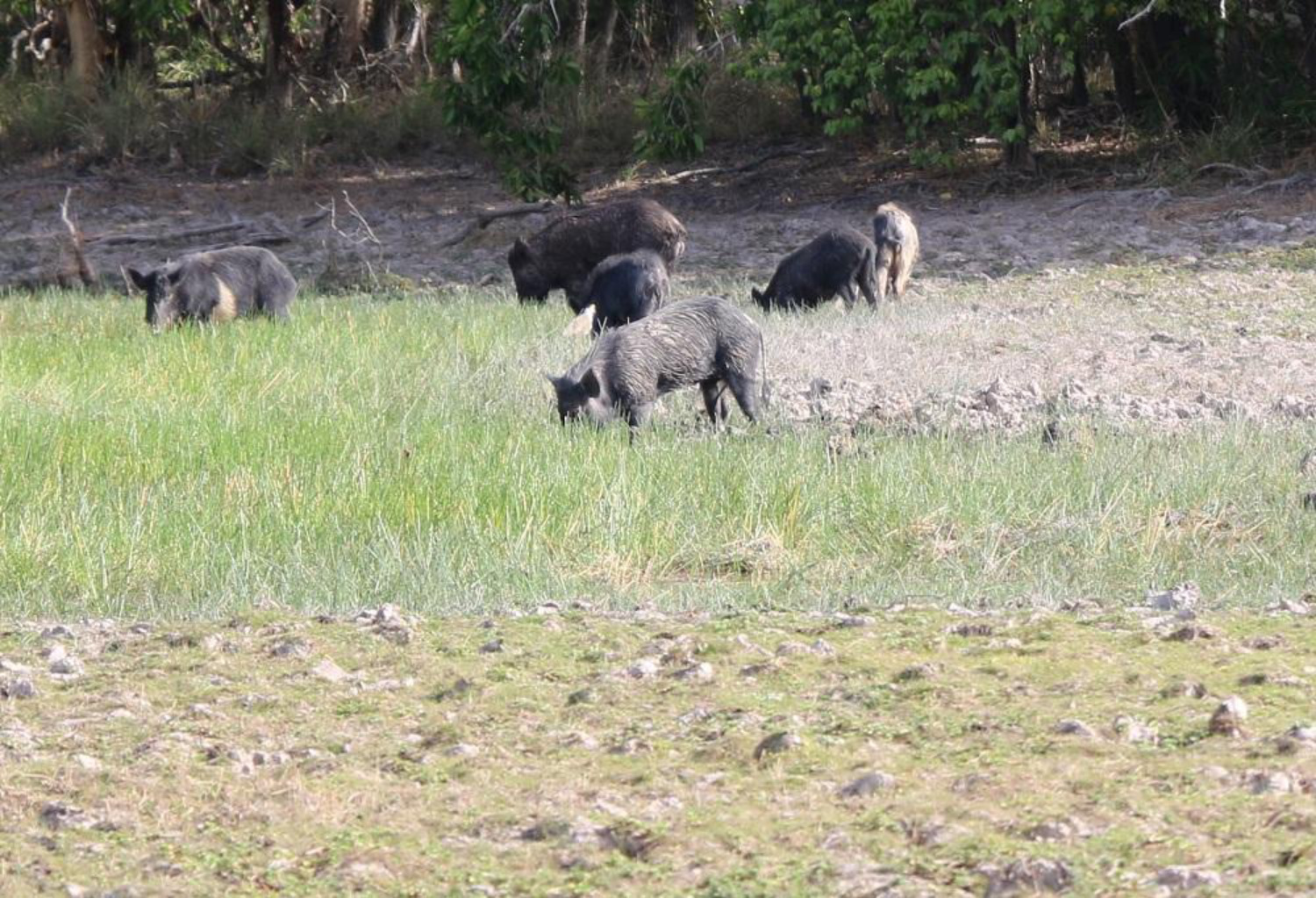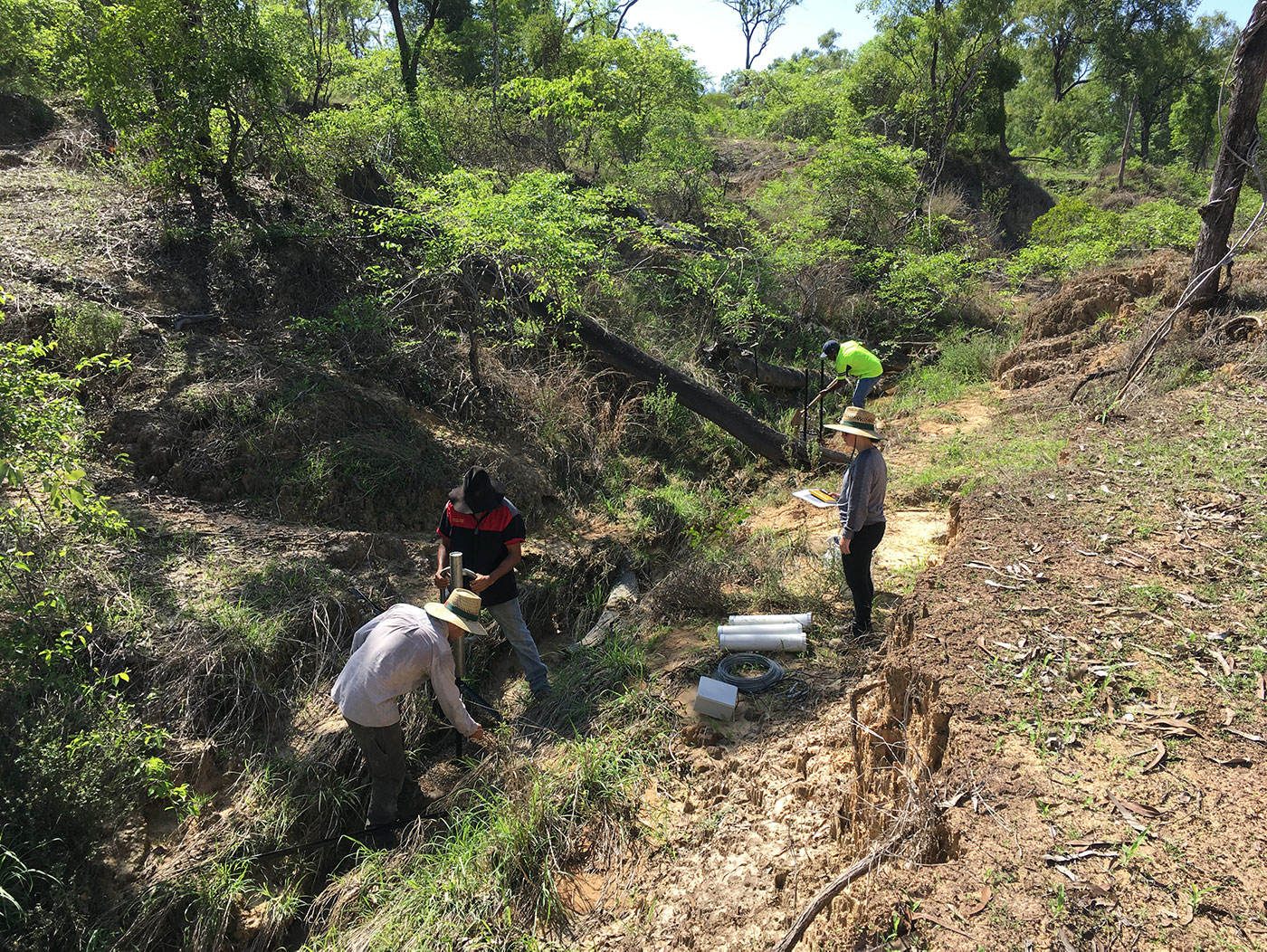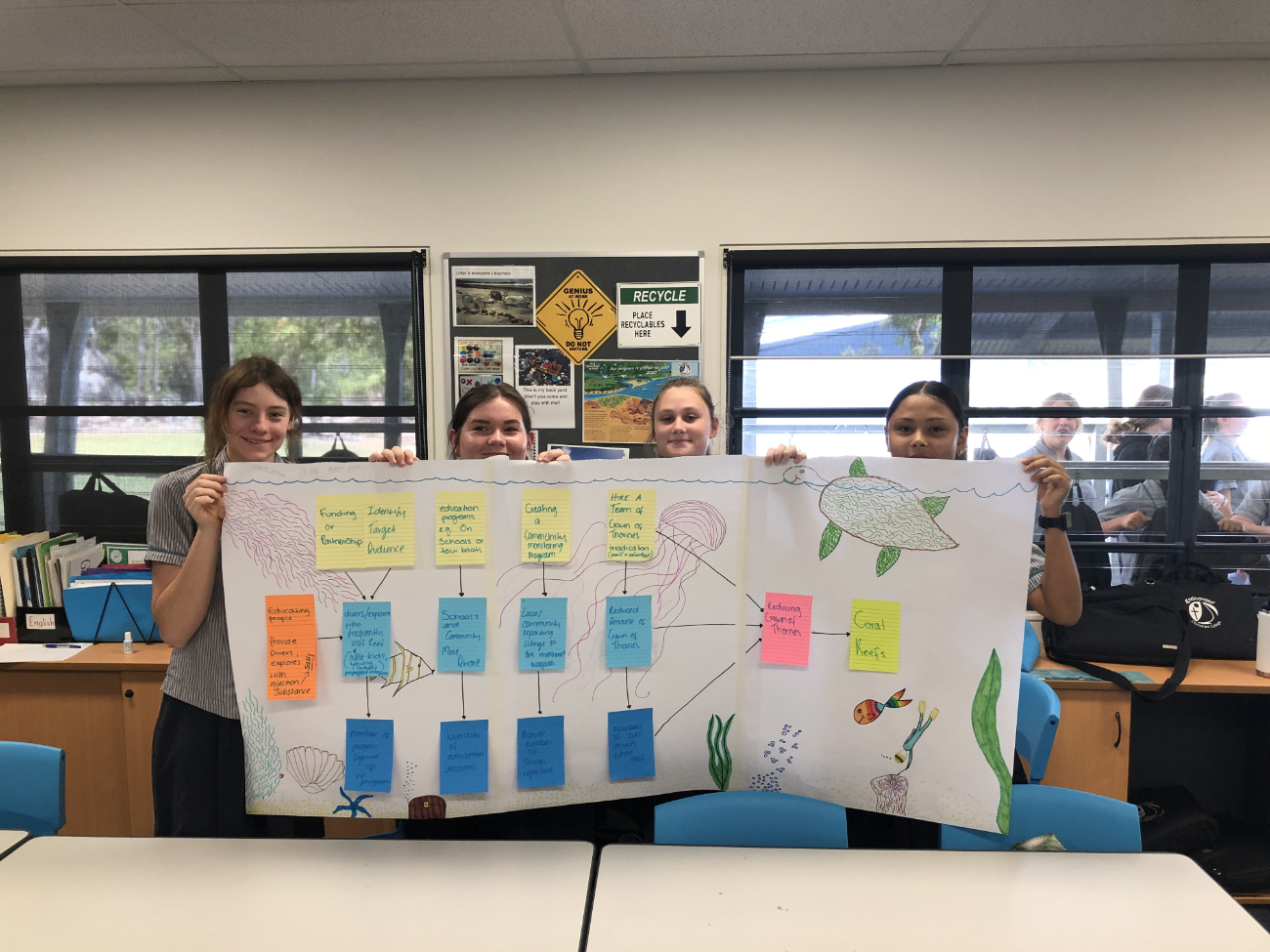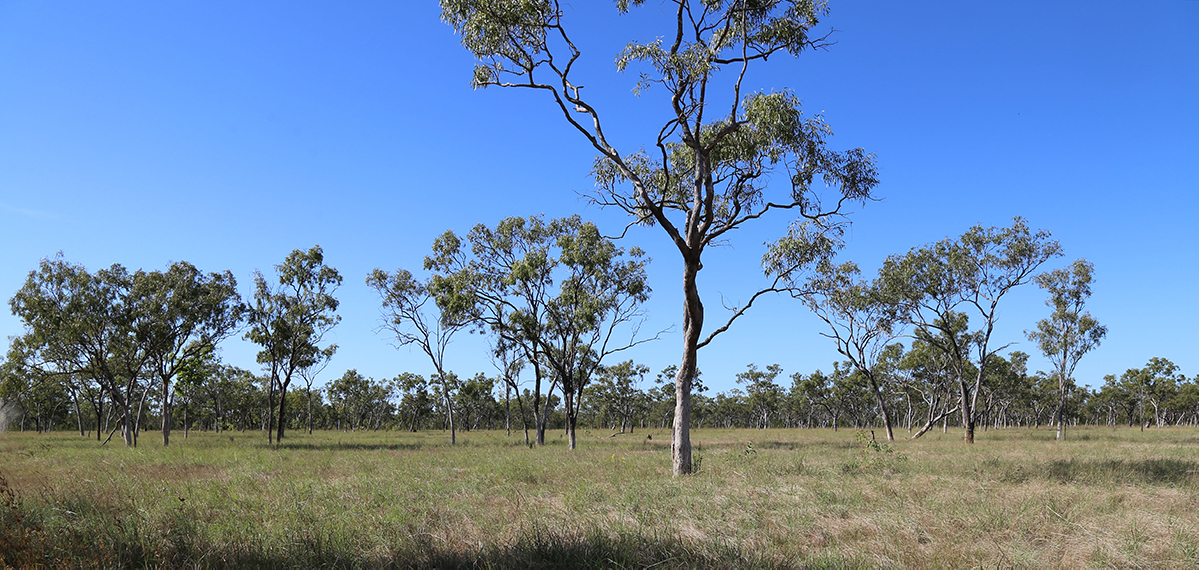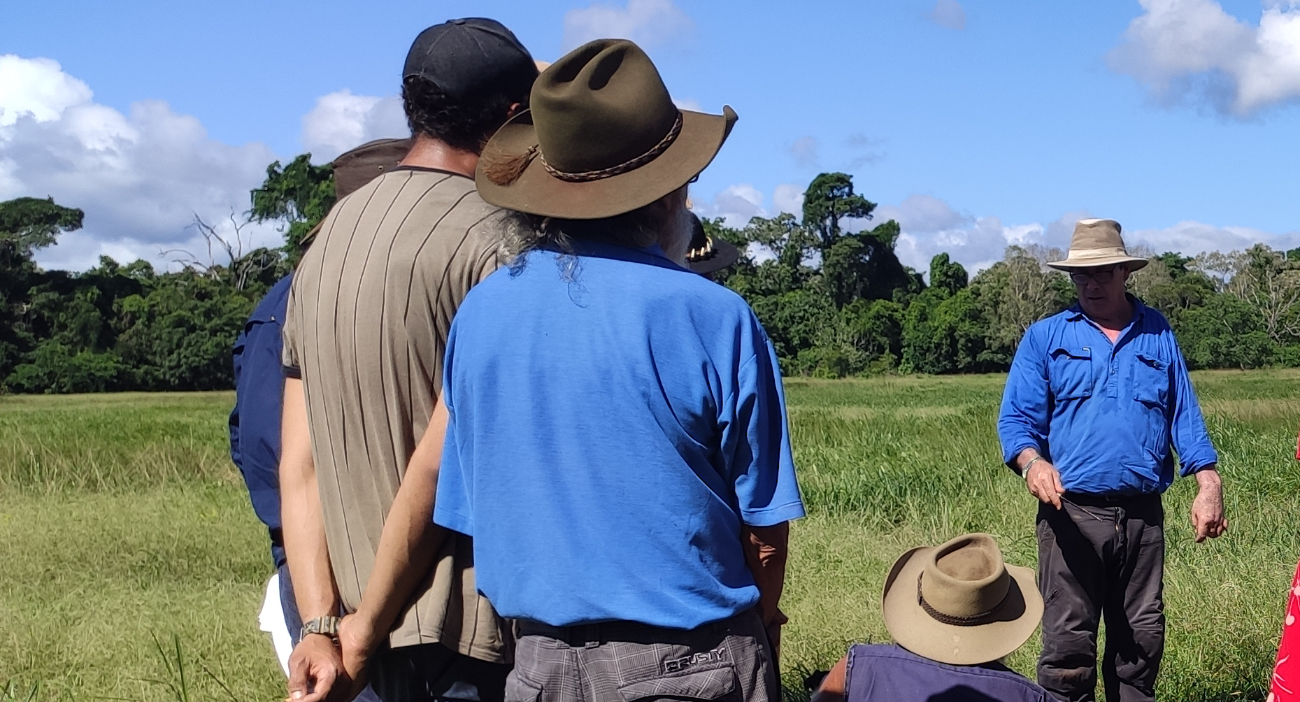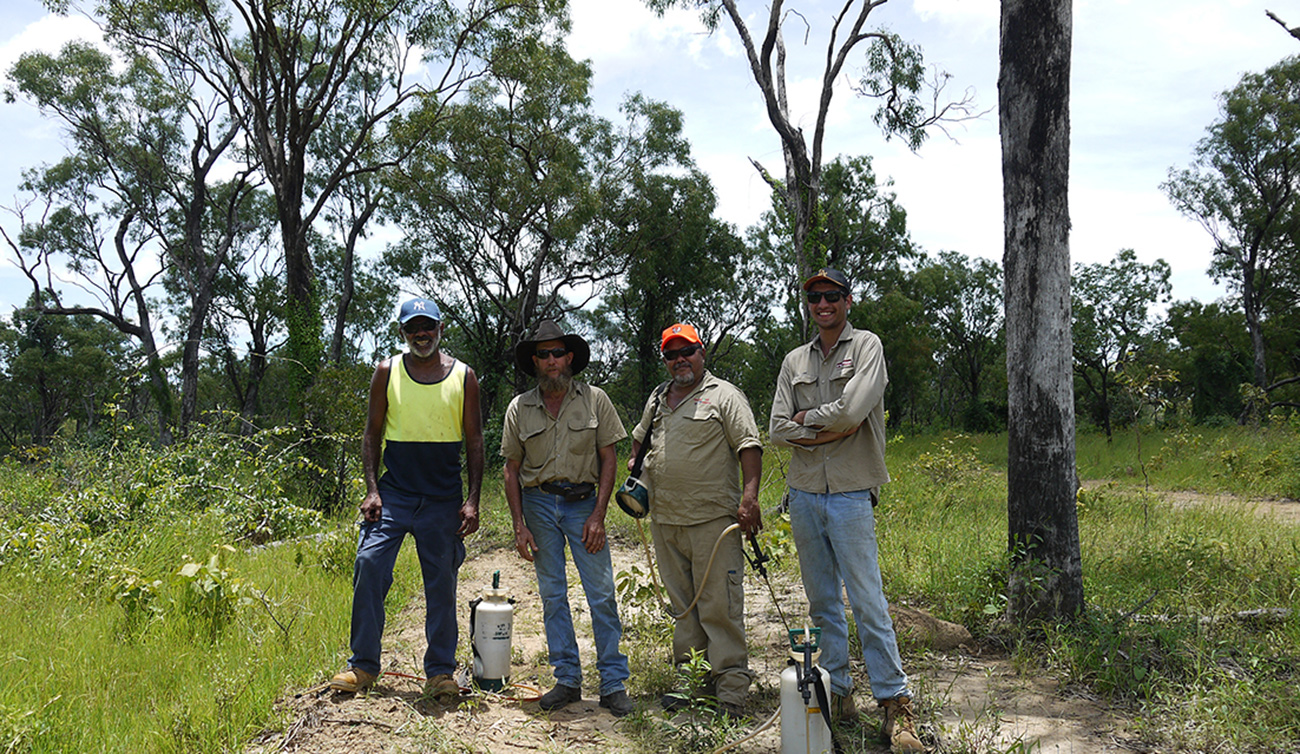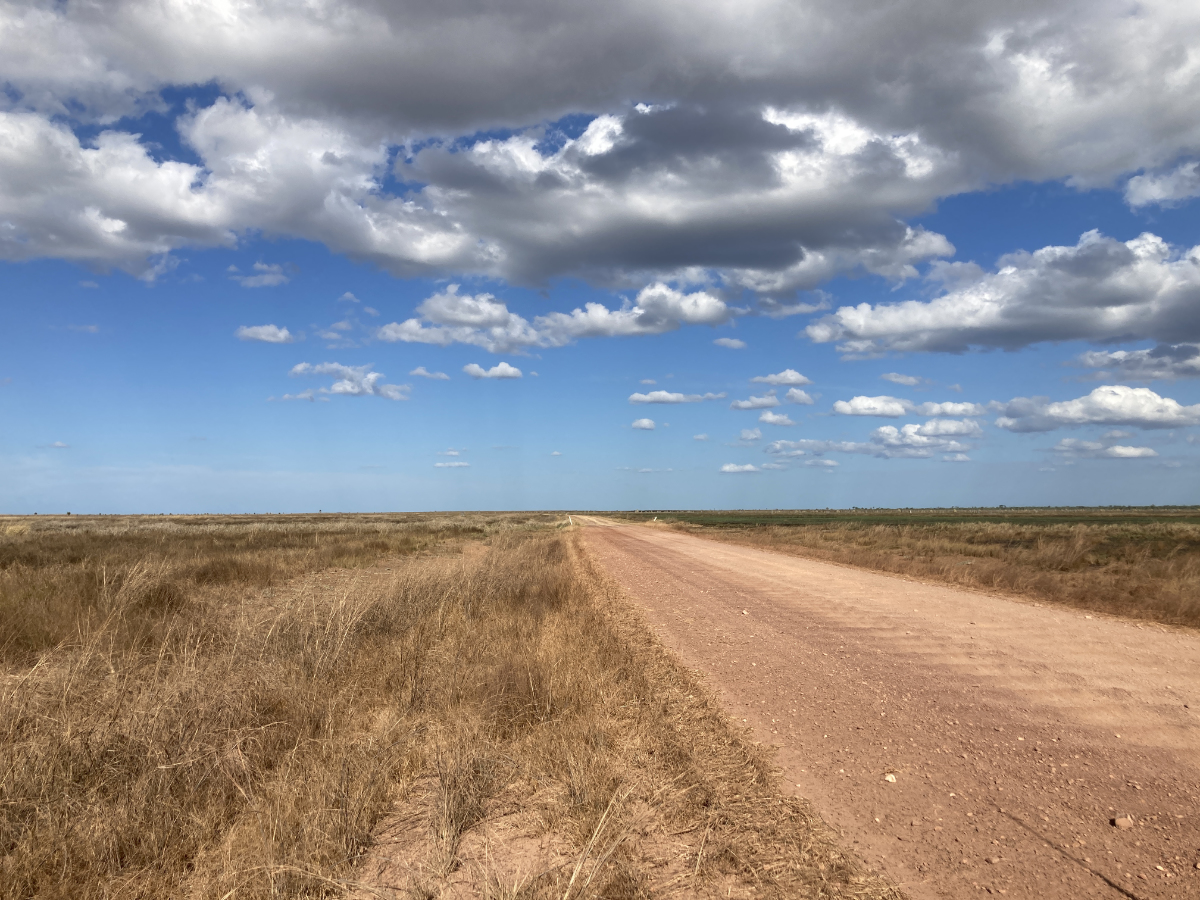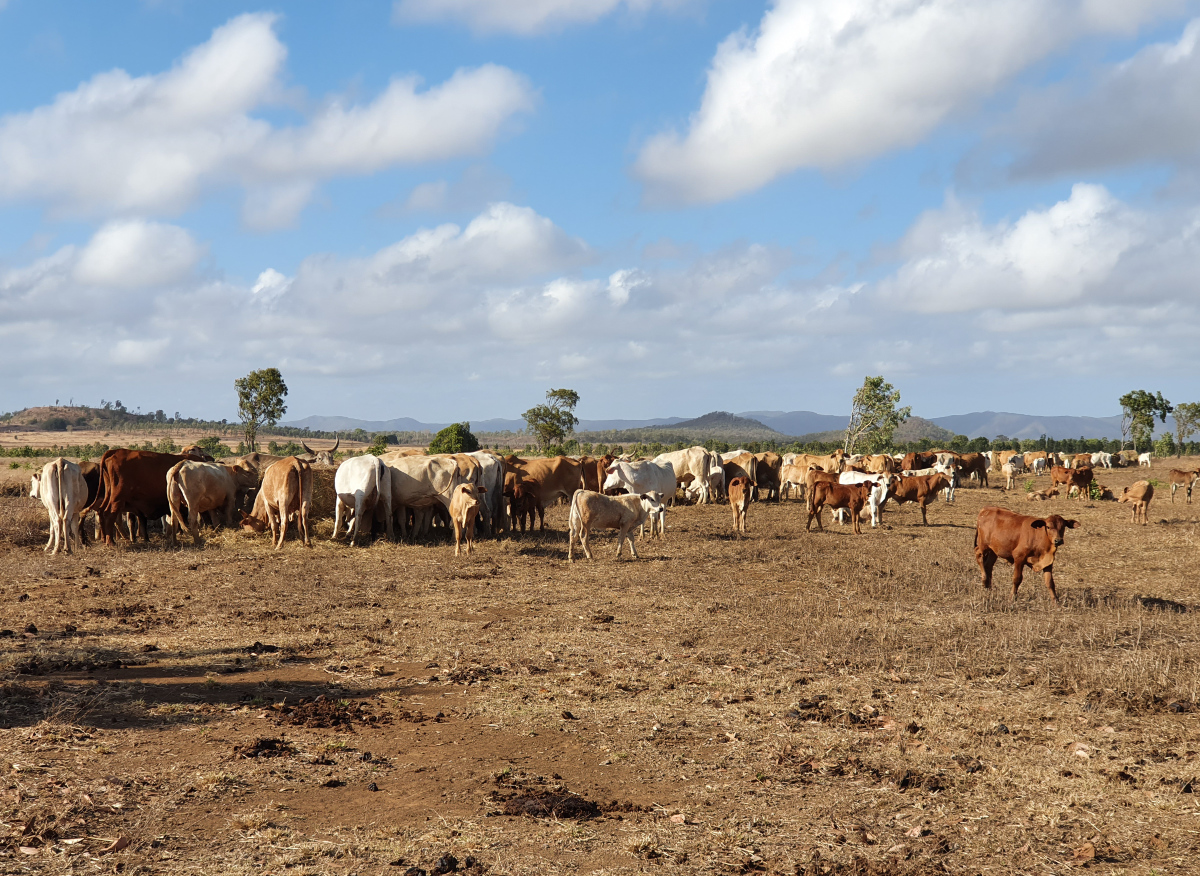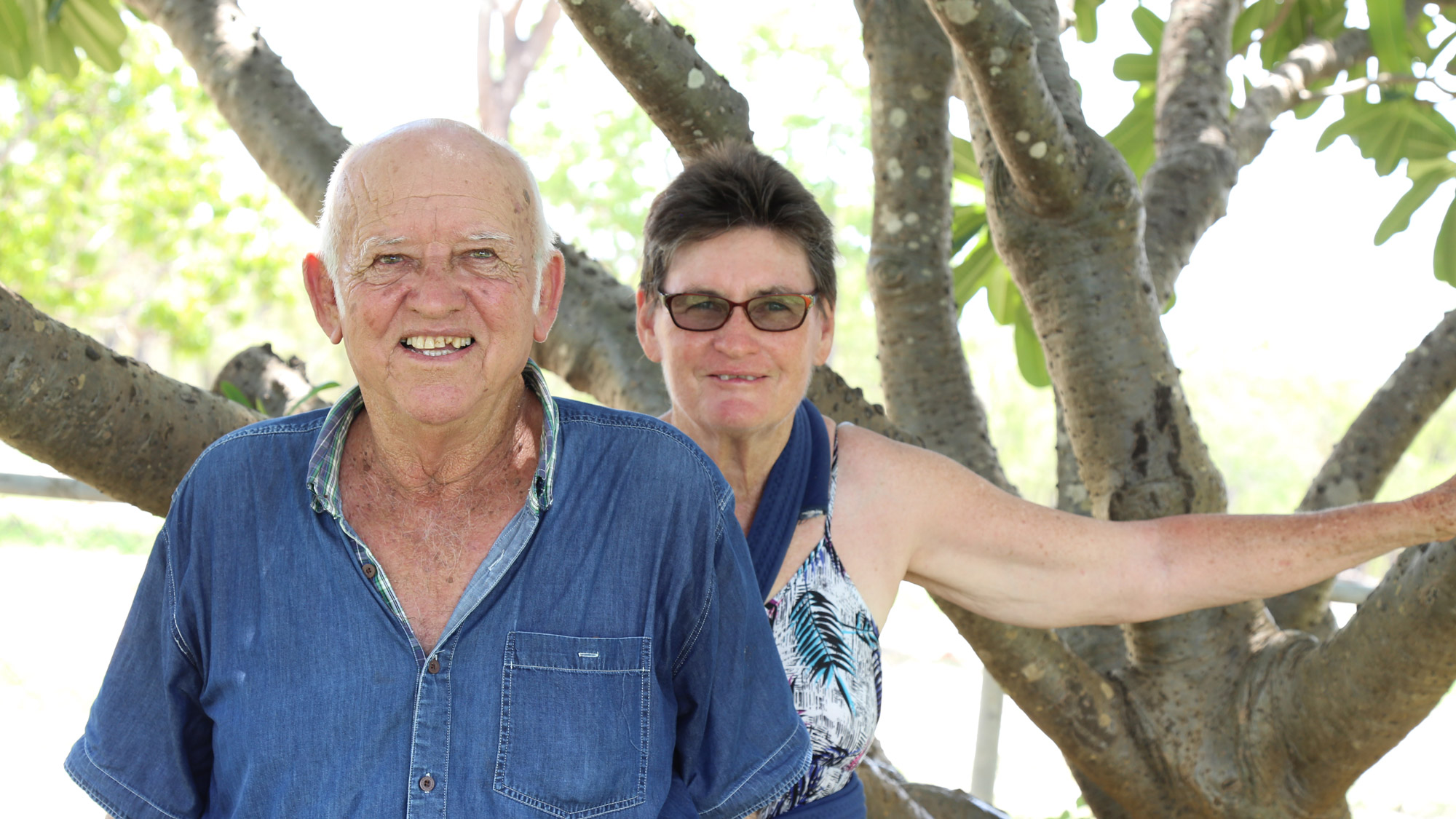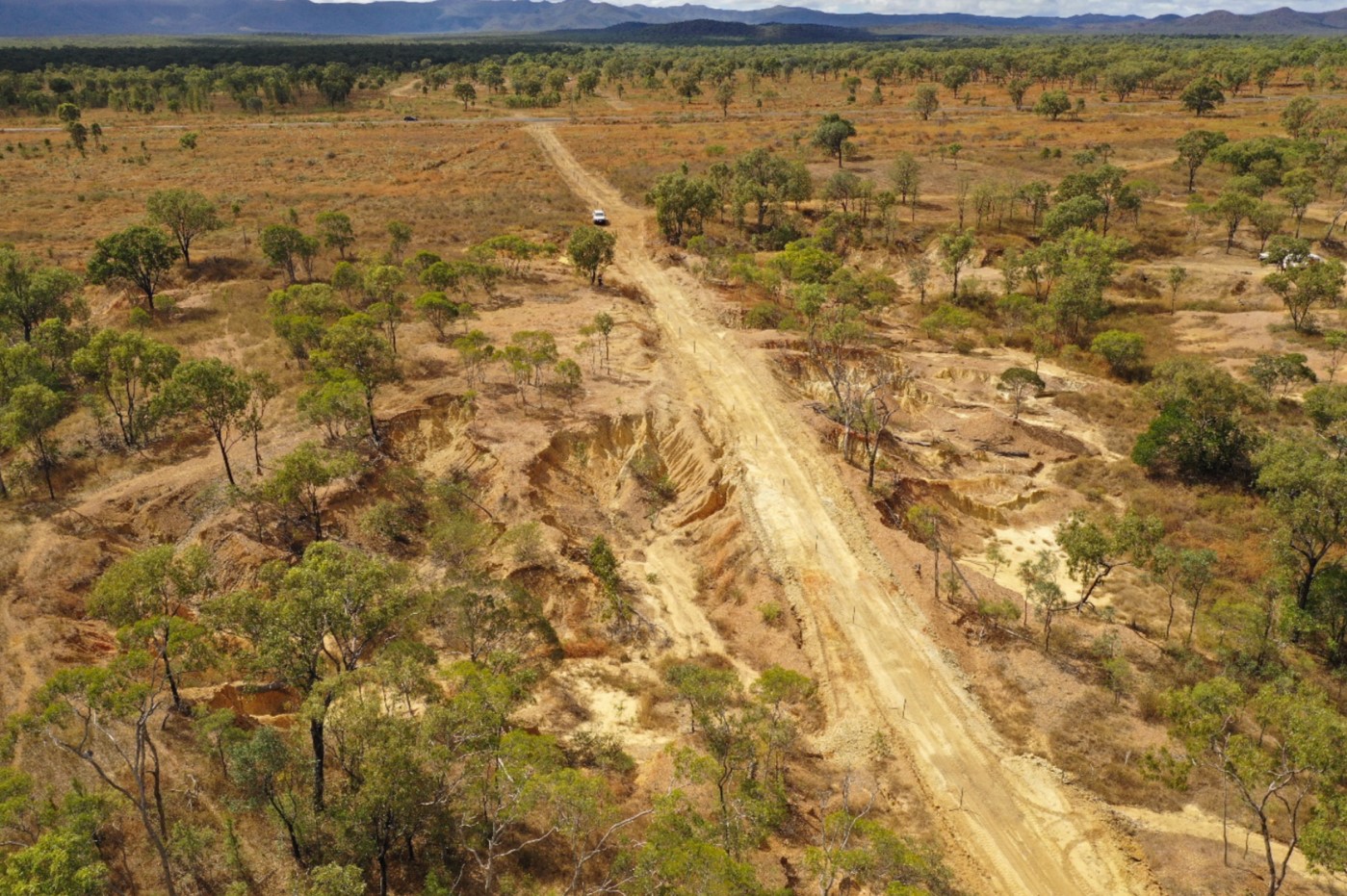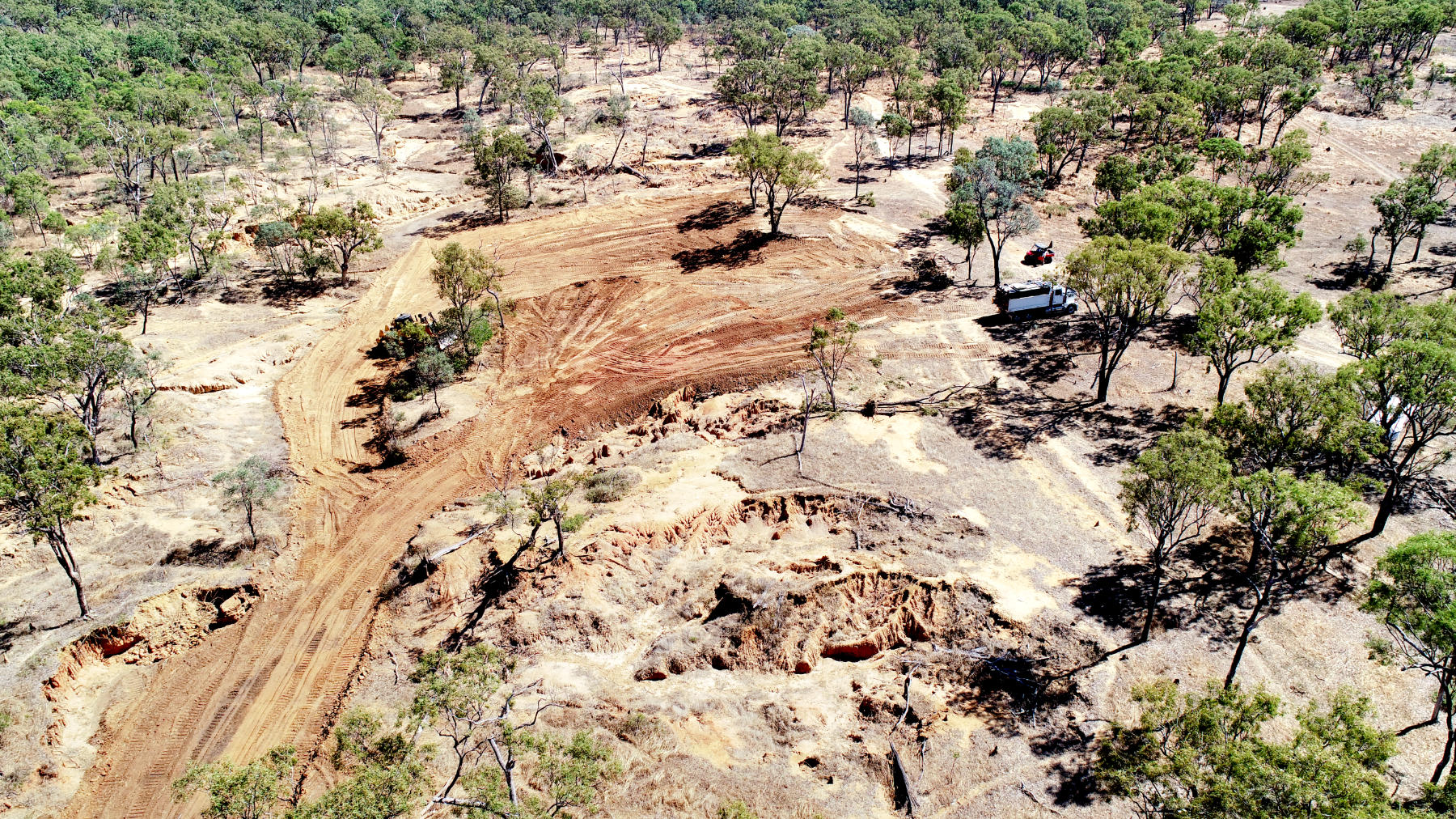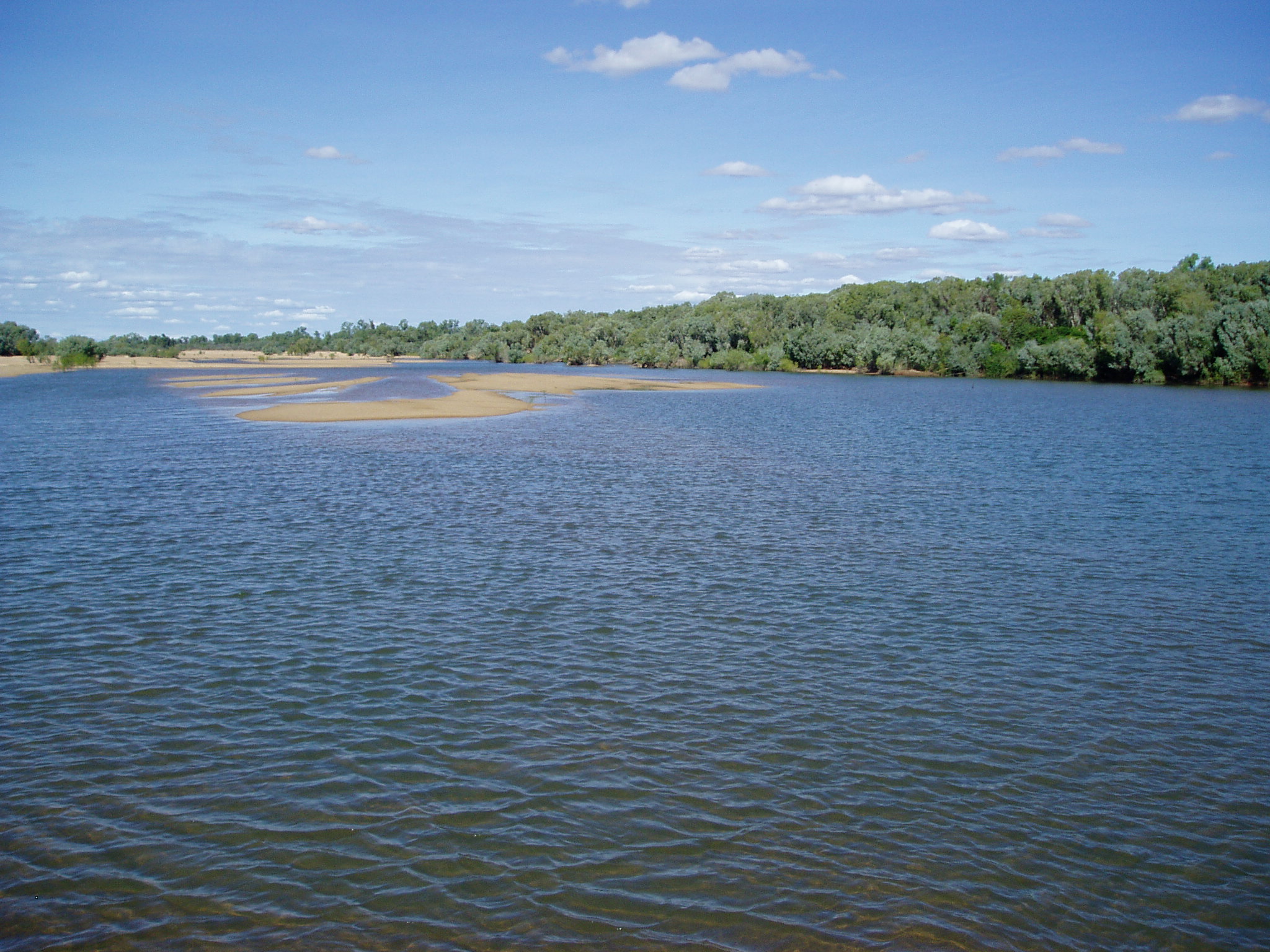Adaptation Pathway
Conserving and maintaining healthy ecosystems is critical for building resilience against the multiple impacts of climate change. Multiple ecosystem services provide a numerous benefits to people. The services provided by the large, complex and intact ecosystems of Cape York include climate regulation, habitat for thousands of species (many of which are useful), genetic resources (such as for wild rice), fresh water, waste treatment and erosion prevention. Acknowledging these values can provide economic and lifestyle benefits to people living on Cape York.
How was it identified
Extensive surveys and community engagement has identified multiple values people hold for their environment. There is a large volume of technical and scientific evidence for ecosystem services and their valuation. Ecosystem services are also core to the Stream 2 reports on climate impacts and adaptation.



